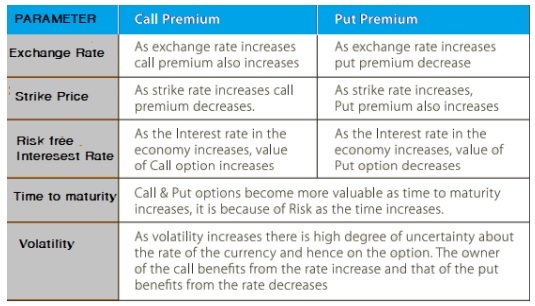There are two types of currency markets in the forex market- the interbank market and the retail market. The interbank market rules the forex market with its large volume chunk traded by the big investment banks.
Table of contents
- Different types of FOREX trading platform
- Main Types of Foreign Exchange Rates
- Reader Interactions
- Meaning of Foreign Exchange Market
With a stop loss order, we are instructed to buy if the exchange rate moves lower than a pre-determined level.
Different types of FOREX trading platform
Many clients combine a limit and stop loss order, thereby holding out for a favourable rate while simultaneously protecting against a sudden fall in the rates. FX Swaps, which are basiscally a Spot contract mirrored by a Forward, are used for hedging. It is a cost effective tool and the 'spread' cost is lower than booking separate exchange transactions. Travel Currency Commission free foreign currency banknotes and travellers cheques at the best rates of exchange. Find out more.
Main Types of Foreign Exchange Rates
International Payments Types of trade 1. Forward contract Forward contracts can help protect you against market volatility.
- forexchief fpa?
- What is the Interbank Market?.
- Types of Market Participants in Forex Market.
- Types of foreign exchange market (assets)?
- forex executive jobs in chennai.
Window Forward This term denotes a forward contract where the settlement date is not predetermined but is between two agreed dates in the future. Limit order A limit order specifies an exchange rate that you would like to achieve. Stop loss order With a stop loss order, we are instructed to buy if the exchange rate moves lower than a pre-determined level.
- What are the Different Types of Currency Market? - Forex Education?
- Foreign exchange market.
- Navigation menu.
- scottrade options fees;
- options strategies long call.
- forex rates today uganda?
- Forex Market: Who Trades Currencies and Why.
- Foreign Exchange Market Definition.
- difference between stocks options and futures;
- Different types of forex trader summarized?
Day traders enter and exit their positions on the same day unlike swing and position traders , removing the risk of any large overnight moves. At the end of the day, they close their position with either a profit or a loss.
Reader Interactions
Trades are usually held for a period of minutes or hours, and as a result, require sufficient time to analyse the markets and frequently monitor positions throughout the day. Just like scalp traders, day traders rely on frequent small gains to build profits.
Day traders pay particularly close attention to fundamental and technical analysis, using technical indicators such as MACD Moving Average Convergence Divergence , the Relative Strength Index and the Stochastic Oscillator , to help identify trends and market conditions. Unlike day traders who hold positions for less than one day, swing traders typically hold positions for several days, although sometimes as long as a few weeks. Because positions are held over a period of time, to capture short-term market moves, traders do not need to sit constantly monitoring the charts and their trades throughout the day.
Meaning of Foreign Exchange Market
This makes it a popular trading style for those who have other commitments such as a full-time job and would like to trade in their leisure time. However, it is still necessary to dedicate a few hours a day to analyse the markets. Swing traders as well as some day traders tend to use trading strategies such as trend trading, counter-trend trading, momentum and breakout trading.
Position traders are focused on long-term price movement, looking for maximum potential profits to be gained from major shifts in prices. As a result, trades generally span over a period of weeks, months or even years. Position traders tend to use weekly and monthly price charts to analyse and evaluate the markets, using a combination of technical indicators and fundamental analysis to identify potential entry and exit levels.
As position traders are not concerned with minor price fluctuations or pullbacks, their positions do not need to be monitored the same way as other trading strategies, instead occasionally monitoring to keep an eye on the major trend. This site uses cookies and will place cookies on your device.

By continuing to use this website, you agree to our use of cookies. You can view our cookie policy and read how to edit your settings here. Day trading For those that are not comfortable with the intensity of scalp trading, but still don't wish to hold positions overnight, day trading may suit. Swing trading Unlike day traders who hold positions for less than one day, swing traders typically hold positions for several days, although sometimes as long as a few weeks.